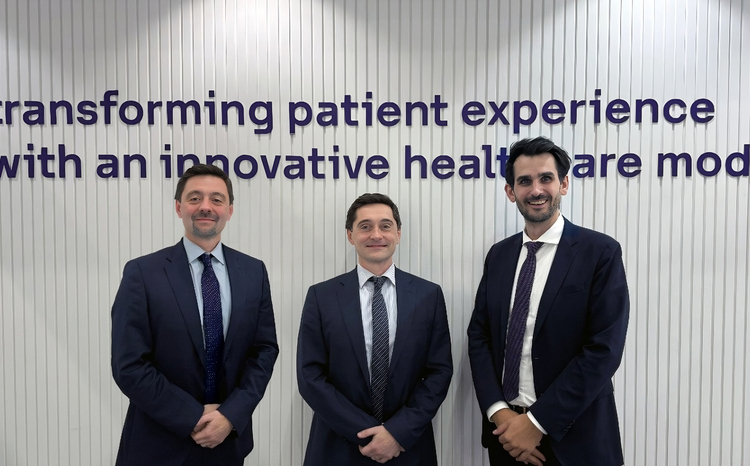NHS chief executive calls for investment in IT
- 23 September 2005
NHS chief executive Nigel Crisp has called on trusts to make greater use of shared back office functions such as IT, HR and finance to help deliver services more efficiently and avoid some trusts slipping into the red.
The call came in a letter to the 156 NHS trusts that were in financial deficit last year to the collective tune of £250m.
The scale of the NHS financial deficit in 2004-2005 was revealed in the National Audit Office’s summarised accounts for the English NHS. One of the questions raised by the financial difficulties many NHS trusts face is how they will be able to fund the additional costs of the NHS National Programme for IT (NPfIT).
According to the Department of Health (DH) and Connecting for Health, NHS trusts are expected to raise their expenditure on IT to approximately 4% of their budgets to implement the NPfIT. For many this would involve doubling or trebling their current IT spend at a time when they are struggling with financial deficits.
In its report, though, the NAO raises concerns about the ability of some trusts to find the resources to implement the NHS IT programme, reporting that "concerns" have been expressed by some NHS trusts as to whether the "savings" that the DH says will result from investment in IT will cover the local investment required.
The NHS summarised accounts report states that although the central software and hardware costs of the ‘core services’ covered by NPfIT will be funded centrally, there will be significant extra investment required by local organisations. "However, there will be considerable additional costs borne by NHS bodies at local level."
These additional costs are identified as including: "additional, non-core services, such as pharmacy, stock control, and radiology information systems".
Local NHS trusts must also fund "local infrastructure upgrades, including data migration and provision of PCs, printers, mobile devices and networks powerful enough to run the new systems".
In addition to these software and hardware costs they must also find the additional resources necessary to fund "training and support for NHS staff in using the new systems". Finally, they will have to collectively shake out their piggy banks to pay for "change management, such as reconfiguring the working practices of GPs and consultants to accommodate the new systems".
The NAO report notes that: "Although some additional non-recurrent support will be available from the Department and Strategic Health Authorities to meet these local costs, a proportion will have to be covered by NHS bodies’ own budgets. According to the Department, this should be feasible since NHS bodies will not now need to provide their own systems for core services such as electronic booking and care records."
The report goes on to observe: "The Department states that the resultant savings can be offset against the local implementation costs although some NHS bodies have expressed concerns about possible shortfalls".
Sir Nigel Crisp wrote to each deficit trust calling for action to protect the reputation of the service for effective delivery. "Poor financial management in a few organisations can erode public confidence in the management of the NHS as a whole,"
Ironically, it is the DH itself that significantly watered down the scope of savings from shared back office savings across the NHS when it failed to mandate the NHS Shared Services. Under the department’s national Shared Services Initiative a standard shared HR and payroll system, followed by e-commerce and e-procurement, was to be rolled out across the whole NHS by 2005.
In 2003 DH said that the integrated HR and payroll system would save the NHS £400m over ten years. However, with the creation of independent NHS Foundation Trusts the DH decided it would not mandate the system, and in 2004 shared services instead became a public private partnership between the NHS and IT services company Xansa.
From having originally projected 100% adoption by 2005 the DH now says that it hopes up to half of NHS trusts will be using the service by 2014. No revised figure has been put on projected efficiency savings, though the deal is thought to be worth £250m to Xansa




